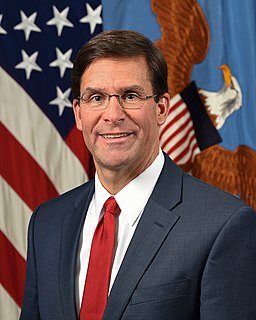A Quote by Andrew Ng
I've been to so many manufacturing plants. I've yet to walk into one where I did not think AI solutions wouldn't help.
Related Quotes
As the founding lead of the Google Brain team, former director of the Stanford Artificial Intelligence Laboratory, and now overall lead of Baidu's AI team of some 1,200 people, I've been privileged to nurture many of the world's leading AI groups and have built many AI products that are used by hundreds of millions of people.
I think that solving the job impact of AI will require significant private and public efforts. And I think that many people actually underestimate the impact of AI on jobs. Having said that, I think that if we work on it and provide the skill training needed, then there will be many new jobs created.
The way AI complements people's work, it actually creates a lot of new jobs, a lot of demand. For example, if a automatic visual inspection technology helps spot flaws in manufacturing parts, I think that in some cases, this does create a lot more demand for people to come in to rework or to fix some of the parts that an AI has found to be flawed.
We have a very good history of manufacturing in this country but I worry that these skills are being lost. We walk around saying, 'We haven't got any manufacturing any more' but Made In Britain really means something, particularly in other parts of the world. We need to support British manufacturing.
We can look at the way of improving the key biochemical processes like photosynthesis itself. A lot of energy is lost to keep the plant cool. So maybe we can think of building plants which are more resistant to heat. Genetically modified plants can be one answer and we can imagine more efficient plants, call them 'energy plants'. And I believe, contrary to what ecologists think, they can still be beautiful plants.































